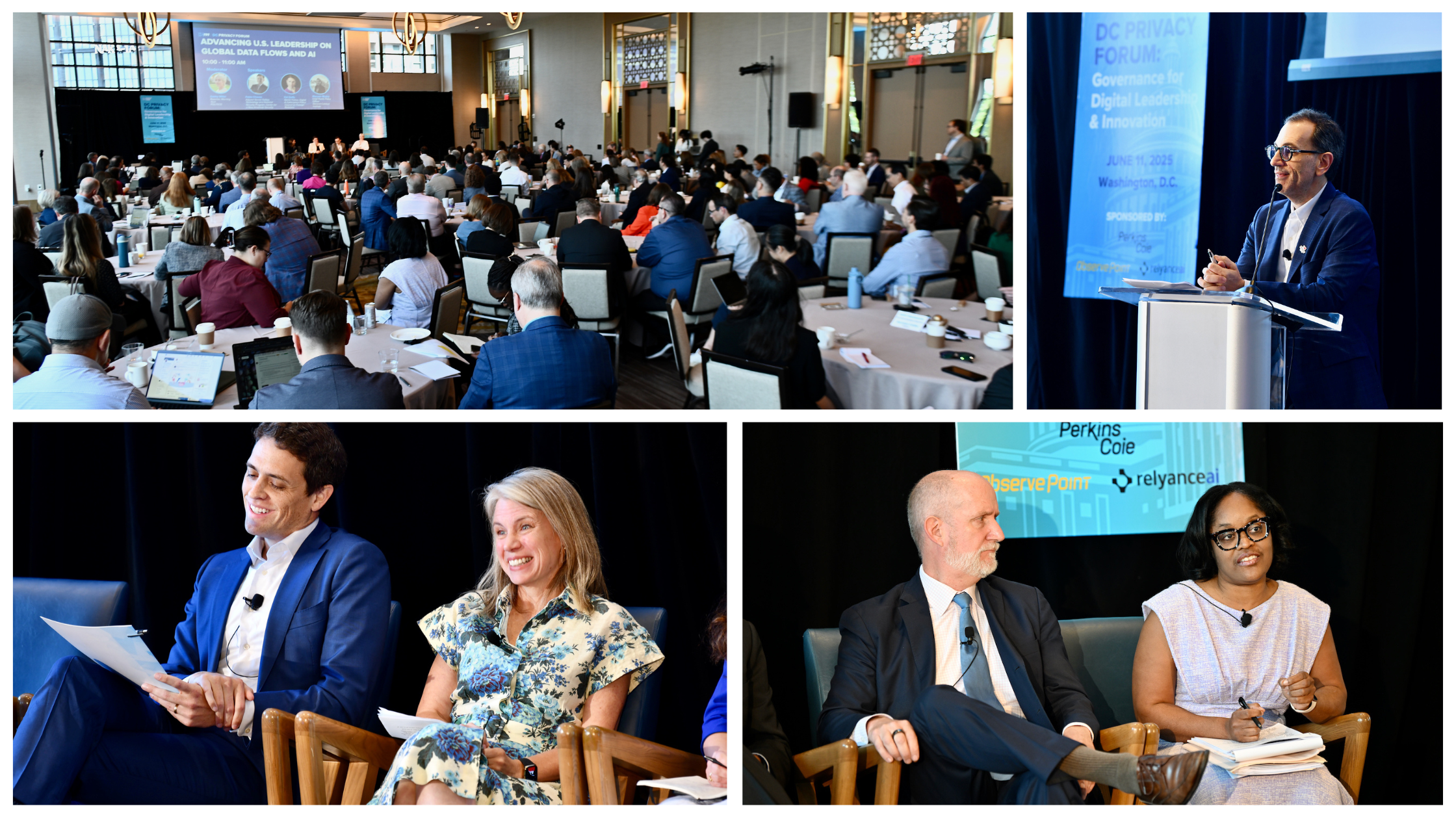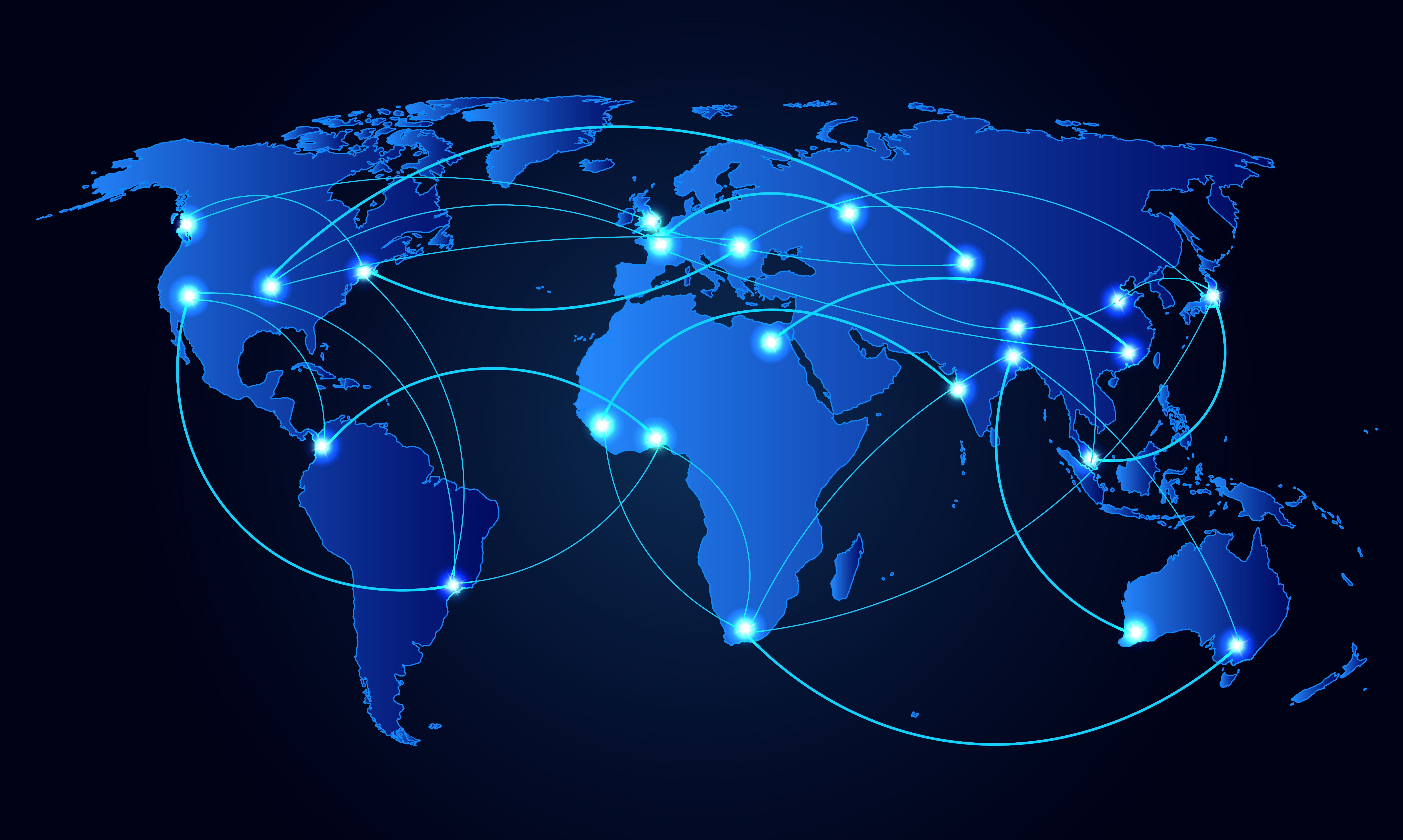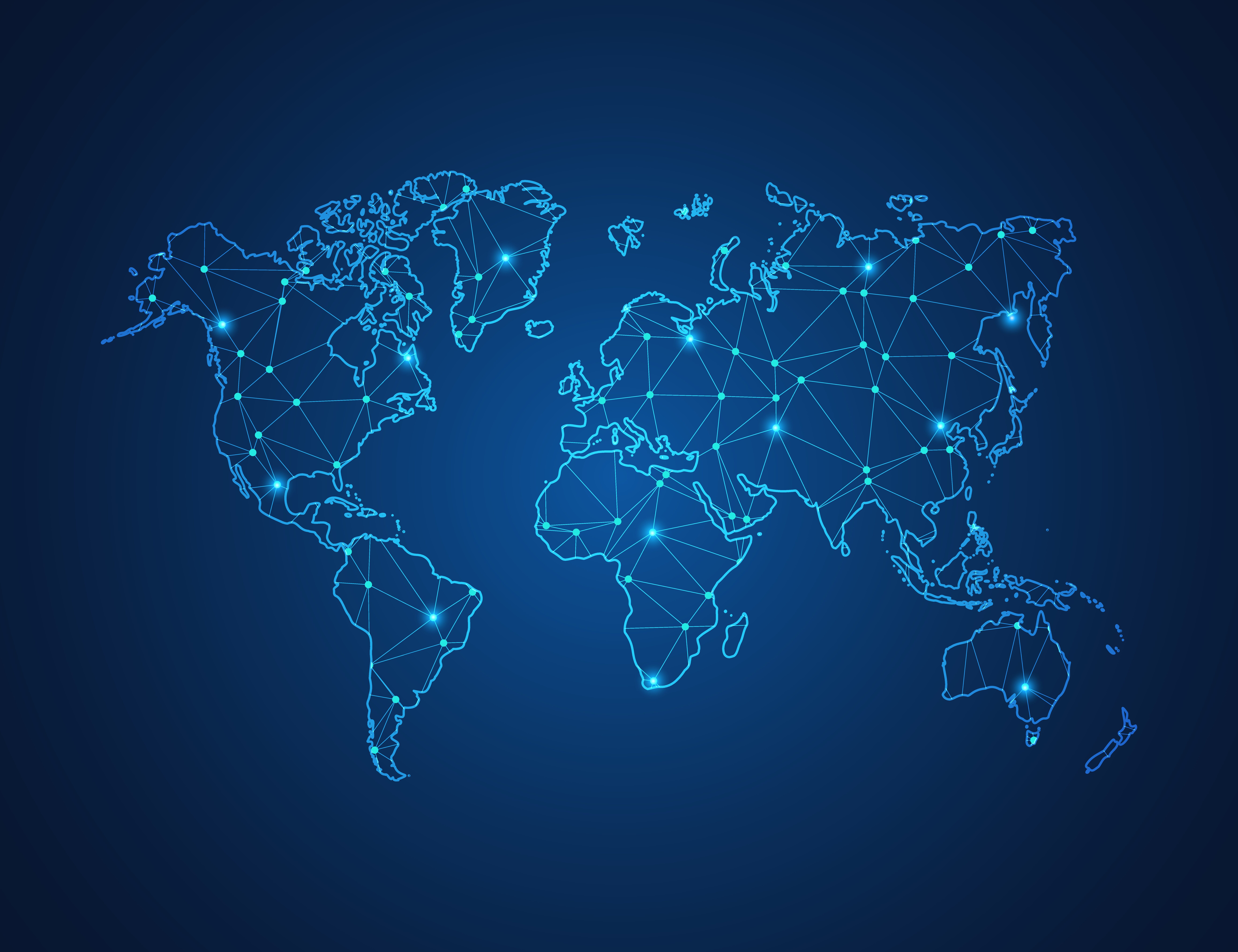Annual DC Privacy Forum: Convening Top Voices in Governance in the Digital Age
FPF hosted its second annual DC Privacy Forum: Governance for Digital Leadership and Innovation on Wednesday, June 11. Staying true to the theme, this year’s forum convened key government, civil society, academic, and corporate privacy leaders for a day of critical discussions on privacy and AI policy. Gathering an audience of over 250 leaders from […]
Brazil’s ANPD Preliminary Study on Generative AI highlights the dual nature of data protection law: balancing rights with technological innovation
Brazil’s Autoridade Nacional de Proteção de Dados (“ANPD”) Technology and Research Unit (“CGTP”) released the preliminary study Inteligência Artificial Generativa (“Preliminary Study on GenAI”, in Portuguese) as part of its Technological Radar series, on November 29, 2024. A short English version of the study was also released by the agency in December 2024. This analysis […]
Cross-Border Data Flows in Africa: Examining Policy Approaches and Pathways to Regulatory Interoperability
Cross-border data flows are critical to Africa’s digital economy, enabling trade, innovation, and access to continental and global markets. As the drive towards data-driven technologies among businesses and governments grows, the ability to transfer personal data across borders efficiently and securely has become a key policy concern on the continent, a position echoed by the […]
FPF Experts Take The Stage at the 2025 IAPP Global Privacy Summit
By FPF Communications Intern Celeste Valentino Earlier this month, FPF participated at the IAPP’s annual Global Privacy Summit (GPS) at the Convention Center in Washington, D.C. The Summit convened top privacy professionals for a week of expert workshops, engaging panel discussions, and exciting networking opportunities on issues ranging from understanding U.S. state and global privacy […]
Consent for Processing Personal Data in the Age of AI: Key Updates Across Asia-Pacific
This Issue Brief summarizes key developments in data protection laws across the Asia-Pacific region since 2022, when the Future of Privacy Forum (FPF) and the Asian Business Law Institute (ABLI) published a series of reports examining 14 jurisdictions in the region. We found that while many offer alternative legal bases for data processing, consent remains […]
Chile’s New Data Protection Law: Context, Overview, and Key Takeaways
On August 26, 2024, the Chilean Congress approved Law 21.719, on the Protection of Personal Data (“LPPD”) after eight years of legislative debate. The legislation was published on December 13, 2024, and will become fully effective twenty-four months after that date (in December 2026). The LPPD was introduced in the Senate in 2017 to replace […]
Geopolitical fragmentation, the AI race, and global data flows: the new reality
Most countries in the world have data protection or privacy laws and there is growing cross-border enforcement cooperation between data protection authorities, which might lead one to believe that the protection of global data flows and transfers is steadily advancing. However, instability and risks arising from wars, trade disputes, and the weakening of the rule […]
What to Expect in Global Privacy in 2025
Next year, in 2026, we will celebrate a decade after the adoption of the GDPR, a law with an unprecedented regulatory impact around the world, from California to Brazil, across the African continent, to India, to China, and everywhere in between. The field of data protection and privacy has become undeniably global, with GDPR-inspired laws […]
Twelve Privacy Investments for Your Company for a Stronger 2025
FPF has put together a list of Twelve Privacy Investments for Your Company for a Stronger 2025 that reflects on new perspectives on the work that privacy teams do at their organizations. We hope there is something here that’s useful where you work, and we’d love to hear other ideas and feedback. Privacy Investments for Your […]
FPF’s Year in Review 2024
With contributions from Judy Wang, Communications Intern 2024 was a landmark year for the Future of Privacy Forum, as we continued to grow our privacy leadership through research and analysis, domestic and global meetings, expert testimony, and more – all while commemorating our 15th anniversary. Expanding our AI Footprint While 2023 was the year of […]










